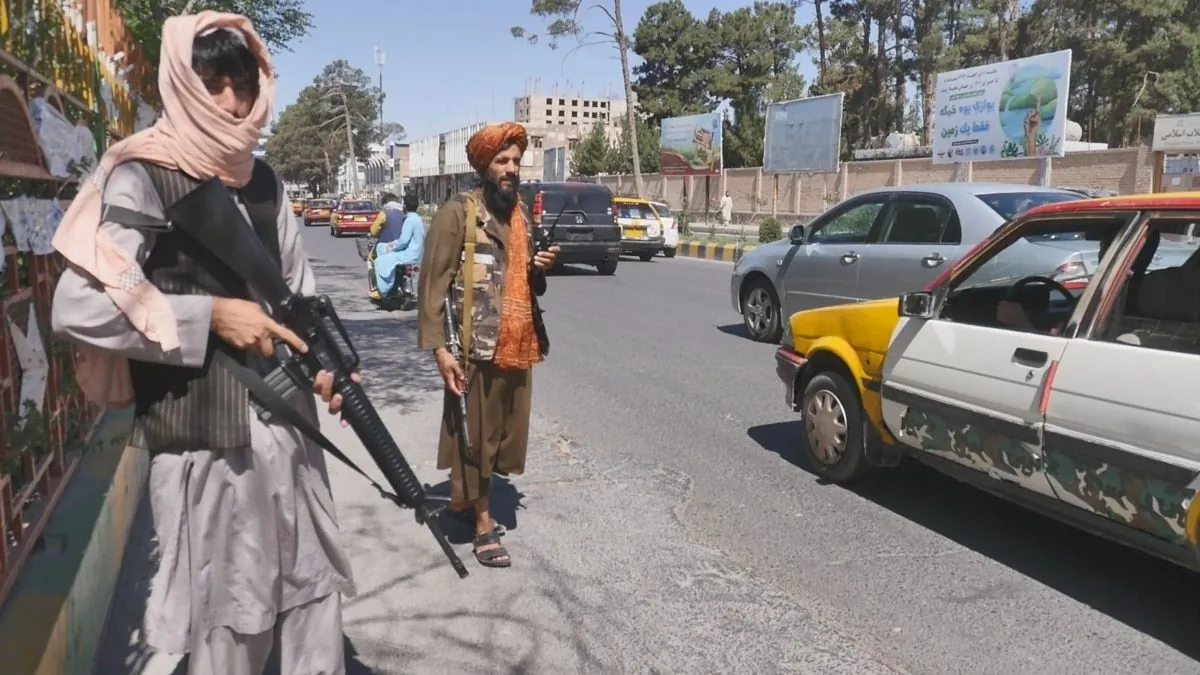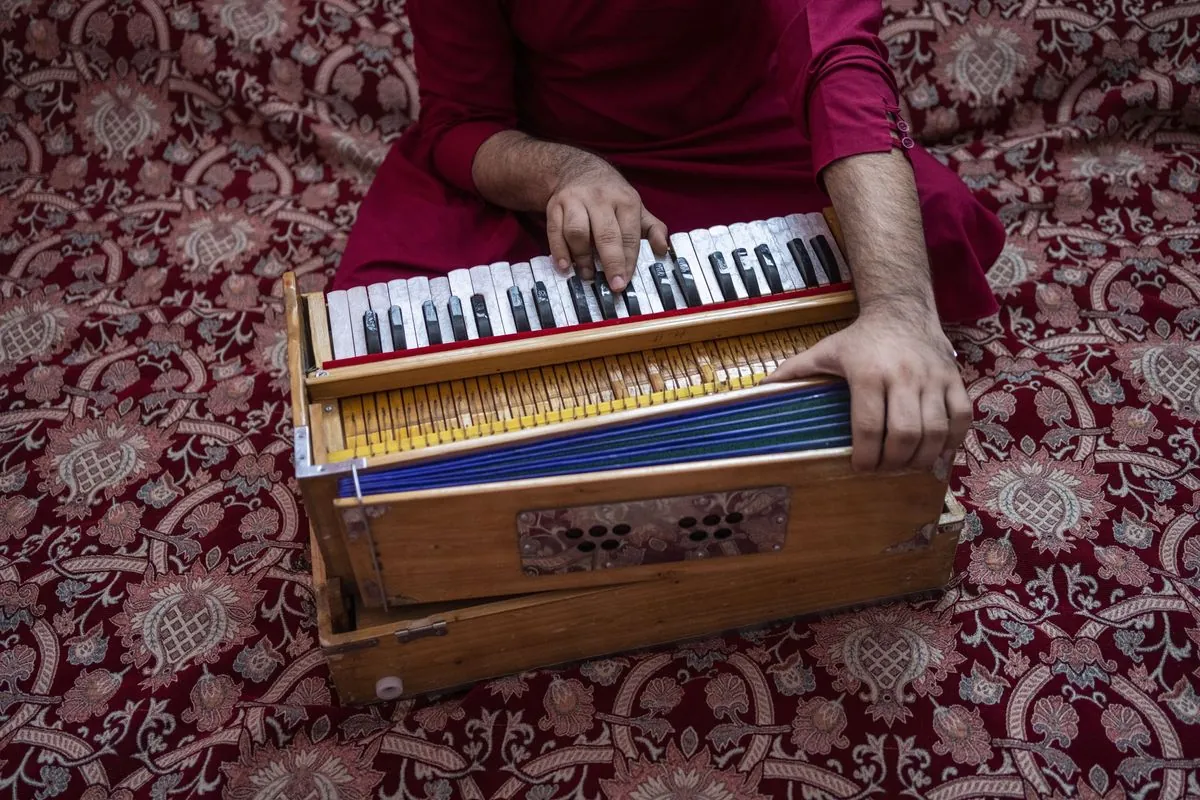Taliban Enforces Strict Moral Code: Beards, Detentions, and Dress Rules
Taliban's morality ministry reports on enforcement actions, including dismissals for lack of beards and detentions for "immoral acts". New plans for women's dress code enforcement announced.

In a recent report, Afghanistan's Ministry for the Prevention of Vice and Propagation of Virtue, under Taliban rule, has disclosed extensive enforcement actions aimed at upholding their interpretation of Islamic law. The ministry's annual update, released on August 20, 2024, reveals a stringent approach to moral policing that has drawn international criticism.
Over the past year, more than 280 security force members were dismissed for failing to grow beards, a requirement under the Taliban's strict moral code. This enforcement reflects the group's adherence to the Deobandi school of thought, which influences their interpretation of Islamic law.
The ministry reported detaining over 13,000 individuals for alleged "immoral acts," with approximately half released within 24 hours. While specific details about the nature of these acts or the gender of detainees were not provided, this action aligns with the Taliban's efforts to enforce their moral standards across Afghan society.

In a move reminiscent of their previous rule from 1996 to 2001, the ministry destroyed 21,328 musical instruments. This action starkly contrasts with Afghanistan's rich musical heritage, which includes traditional instruments like the rubab. Additionally, thousands of computer operators were prevented from selling what the Taliban deemed "immoral and unethical" films, further restricting cultural expression.
The enforcement of women's dress codes remains a contentious issue. Mohibullah Mokhlis, Director of Planning and Legislation at the ministry, announced a new plan for observing women's hijab, approved by the Taliban's supreme leader. While details were not disclosed, previous statements suggest that enforcement may target male family members rather than women directly.
"Based on the guidance of the Supreme Leader, the draft plan for observing women's hijab (Islamic dress) has been formulated and approved."
These measures have faced strong criticism from human rights organizations and the United Nations, particularly regarding restrictions on women's freedoms and overall freedom of expression. The UN mission in Afghanistan has reported instances of women being detained for not meeting the Taliban's dress code interpretation.
Despite international concerns, the Taliban maintains that their rules align with Islamic law and Afghan customs. They have dismissed allegations of unjust detentions as "baseless."
It's worth noting that Afghanistan, with its population of approximately 38 million and over 14 ethnic groups, has a complex social fabric. The country's literacy rate of around 43%, one of the world's lowest, adds another layer of challenge to the implementation and understanding of these strict moral codes.
The ministry also reported preventing over 200 cases of women being sold and more than 2,600 cases of violence against women. However, the broader context of women's rights under Taliban rule remains a significant concern for the international community.
As Afghanistan continues under Taliban governance, which began in August 2021 following the withdrawal of US troops, the country faces numerous challenges. These include economic dependence on foreign aid, untapped mineral resources, and the ongoing struggle to balance traditional values with modern societal needs.


































